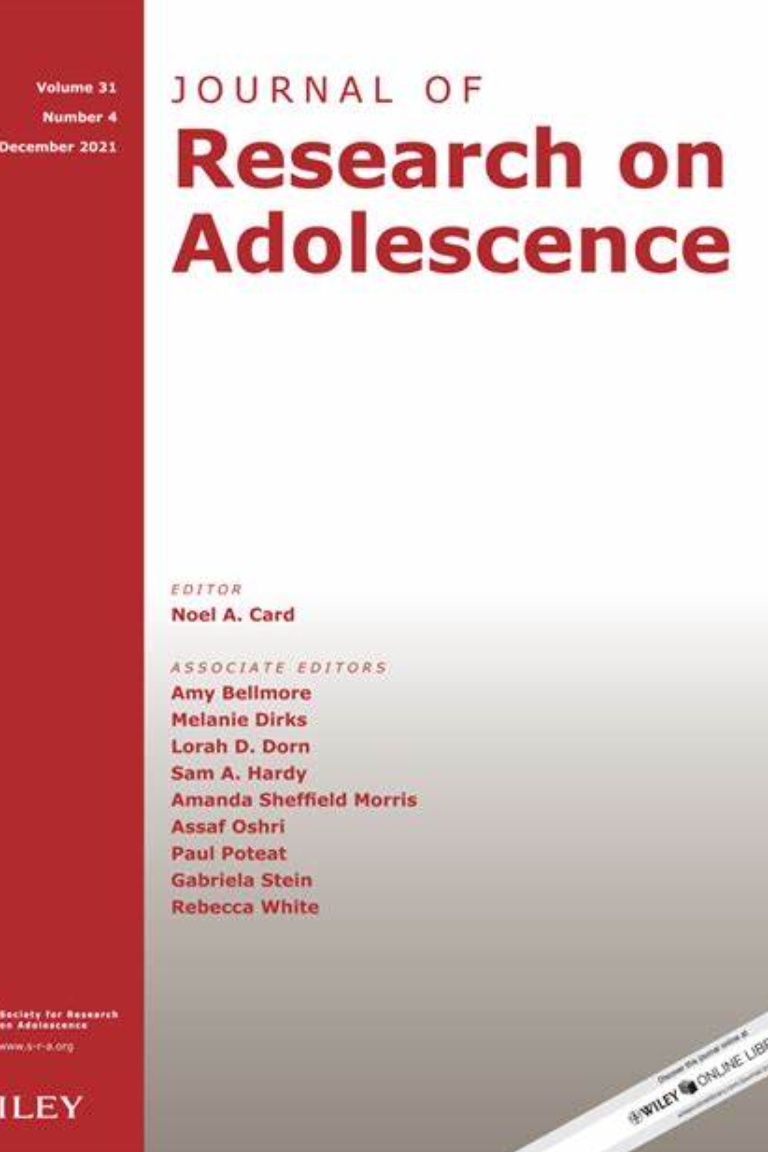From: Journal of Research on Adolescence
This study investigates short-term and long-term associations between parenting in early adolescence and delinquency throughout adolescence using data from the National Longitudinal Surveys. Multilevel longitudinal Poisson regressions show that behavioral control, psychological control, and decision-making autonomy in early adolescence (ages 10–11) are associated with delinquency trajectories throughout adolescence (ages 10–17). Path analyses reveal support for three mediation hypotheses. Parental monitoring (behavioral control) is negatively associated with delinquency in the short term and operates partly through changes in self-control. Parental pressure (psychological control) shows immediate and long-lasting associations with delinquency through changes in self-control and delinquent peer pressures. Decision-making autonomy is negatively associated with delinquency in the long term, yet may exacerbate delinquency in early adolescence by increasing exposure to delinquent peers.

 The College of Arts
The College of Arts